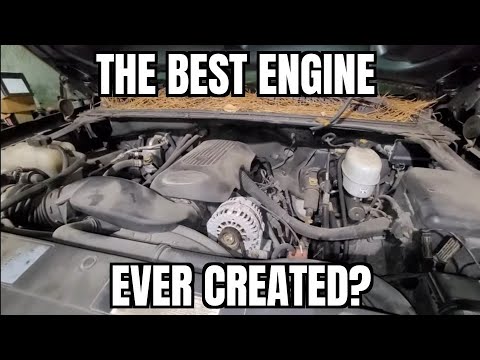- Joined
- Apr 28, 2012
- Posts
- 23,231
- Reaction score
- 44,841
- Ram Year
- 2010 Hemi Reg Cab 4x4
- Engine
- Hemi
look at 7 minute mark thanks @Hemi395I think its a few things, LS motors are terrible at breaking exhaust bolts and fords. One thing in common is the 8mm or .315 bolt as LS motors have thin cast manifolds. Old SBC are 3/8" which is .375". Some motors I heard that don't have exhaust bolt issues I think are toyota which use 10mm or .394" which is slightly bigger than a 3/8" bolt. The stock 4th gen ram manifolds do warp... I pulled mine at 18k and they were already warped and pulled them again around 40k and they were over .060" warped. I never snapped a bolt though but thats bc at 18k miles I used remflex gaskets which compress. The OE graphite/stainless shield do not really compress and they are more of a MLS style gasket. I also agree on the dissimilar metals and expansion/contraction however just about every car these days has aluminum heads and cast iron or some kinda of fabbed steel/stainless exhaust manifold. I think it plays a roll but I think the bolts and the gasket are a bigger issue. Combine the warping of the manifolds, weight of cats and exhaust hanging off the rear of the manifolds with smaller bolts and non compressible gaskets and you get the tick. I now have shorties and ARP bolts but got my stock manifolds milled which is why I know how much they are warped.

Is Chevy is Better than Toyota? Yea, I asked. & Exhaust Manifold Bolt Breakage Explained
You may not agree, but numbers don't lie. #keepwrenching #wesselmotorworks #wrenchingwithkenny @WrenchingWithKenny

